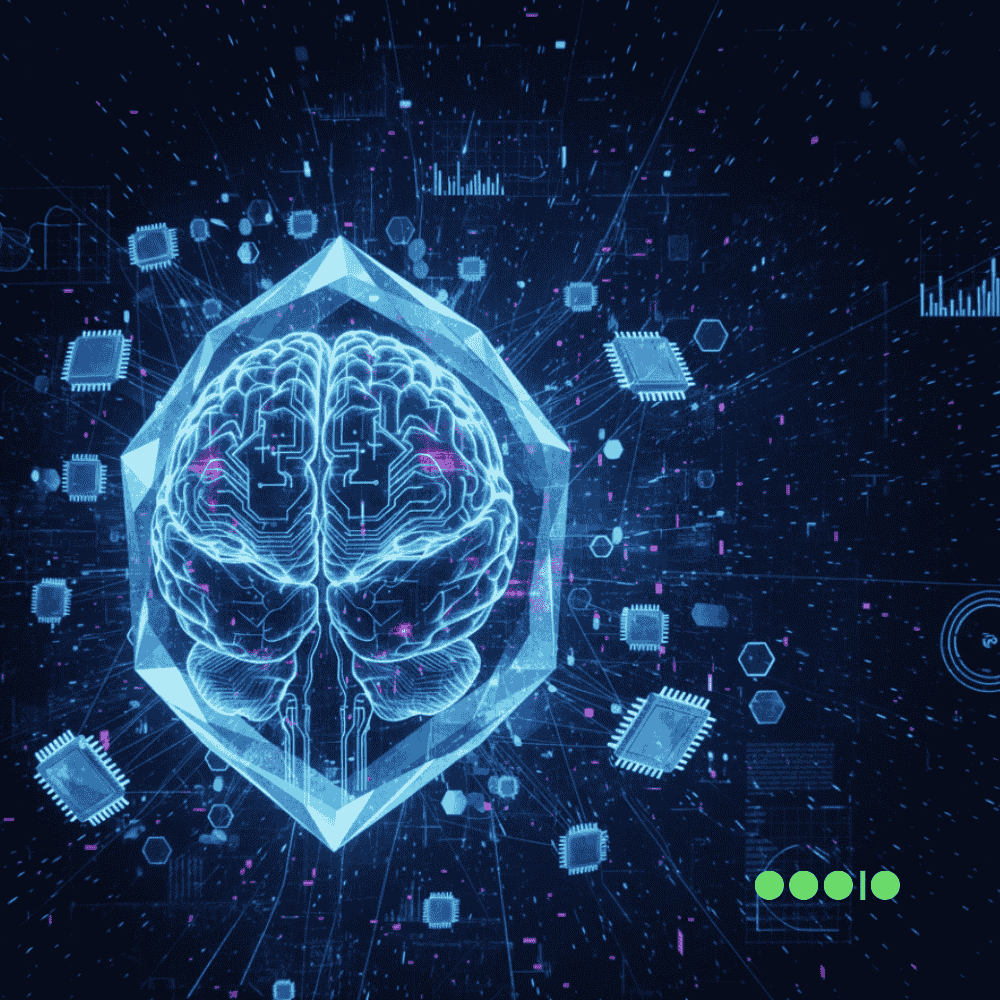The Shift to Autonomous Content Systems
The evolution of search engine optimization (SEO) is in a constant state of flux, but never before has it experienced such a seismic shift as with the advent of advanced Artificial Intelligence. What was once a meticulous, manual process of keyword research and content creation is rapidly transforming into a landscape dominated by intelligent, autonomous systems. These aren't just tools; they are strategic partners in scaling digital presence.
From Template-Driven to Intelligence-Driven
Traditional programmatic SEO, while effective, often relied on predefined templates and brute-force data parsing. Today, AI empowers us to move beyond these limitations. Machine learning algorithms can analyze vast datasets, understand nuanced user intent, and even generate entire content clusters that are not only optimized for search but genuinely valuable to the reader.
This leap means less time spent on repetitive tasks and more on refining the intelligence that underpins these systems. It's a strategic pivot from "doing SEO" to "engineering SEO systems" that learn, adapt, and grow.
Our approach at Palo Santo AI leverages these capabilities to build scalable content factories. These aren't just churning out articles; they're producing semantically rich, contextually relevant narratives designed to capture and retain audience attention across diverse niches. The results? Exponential growth in organic traffic and a dramatic improvement in conversion rates.
Understanding the New Generation of Search
Google and other search giants are no longer just keyword-matching machines. They are sophisticated knowledge engines that interpret semantic meaning, entity relationships, and topical authority. To succeed in this environment, content must reflect a deep understanding of a subject, presenting information in a structured, comprehensive, and authoritative manner.
Entity-Rich Content for Semantic Authority
- **Entity Identification:** AI helps identify key entities and concepts within a topic, ensuring comprehensive coverage.
- **Relationship Mapping:** Understanding how these entities relate to each other builds a robust knowledge graph.
- **Topical Depth:** AI assists in generating content that covers all facets of a topic, establishing unassailable authority.
- **User Intent Alignment:** Predicting and satisfying complex user queries becomes more accurate with AI's analytical power.
This "semantic-first" approach is crucial. Instead of guessing what keywords to target, we train AI to understand the *information needs* of a user and generate content that directly addresses them, often anticipating follow-up questions.
The result is content that resonates not only with search algorithms but, more importantly, with human readers, fostering trust and engagement.
Building AI-Powered Content Pipelines
At the core of this revolution are robust, AI-driven content pipelines. These pipelines integrate various AI modules—from natural language generation (NLG) to data analysis and content optimization—into a seamless workflow.
A Glimpse into the Architecture:
This architecture allows for unparalleled speed and efficiency. A single data input can cascade through the pipeline, emerging as a fully optimized, human-quality article ready for deployment. The iteration speed of this process means we can react to market changes and algorithm updates in real-time, maintaining a competitive edge.
In conclusion, the future of programmatic SEO isn't just about automation; it's about intelligent, adaptive automation. By embracing AI, we're not just improving our workflows; we're redefining the very possibility of digital growth.
// Python pseudocode for an AI Content Pipeline Orchestrator
class AIContentPipeline:
def __init__(self, data_source, llm_api, seo_optimizer):
self.data_source = data_source
self.llm_api = llm_api
self.seo_optimizer = seo_optimizer
def ingest_data(self, query):
# Fetch relevant data based on search intent and topic clusters
return self.data_source.fetch(query)
def generate_draft(self, data):
# Use LLM to generate initial content draft
prompt = f"Write a comprehensive article based on this data: {data}"
return self.llm_api.generate(prompt)
def optimize_content(self, draft):
# Apply SEO best practices, semantic enrichment, and readability checks
return self.seo_optimizer.optimize(draft)
def publish_content(self, final_content):
# Integrate with CMS (e.g., Webflow, WordPress) for automated publishing
print("Content ready for publishing:", final_content)
# Example Usage
# pipeline = AIContentPipeline(DataSource(), OpenAIAPI(), SEOAnalyzer())
# topic_data = pipeline.ingest_data("AI in Programmatic SEO")
# draft = pipeline.generate_draft(topic_data)
# final_article = pipeline.optimize_content(draft)
# pipeline.publish_content(final_article)

